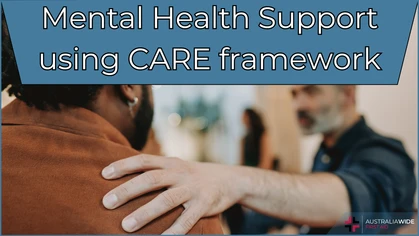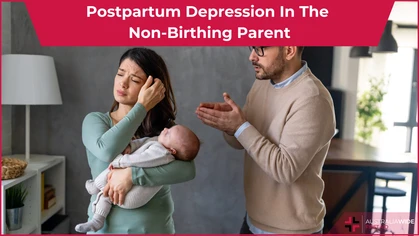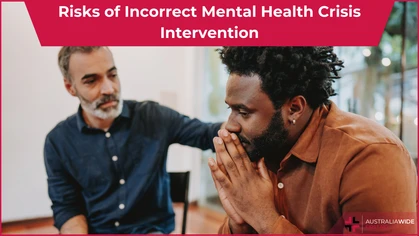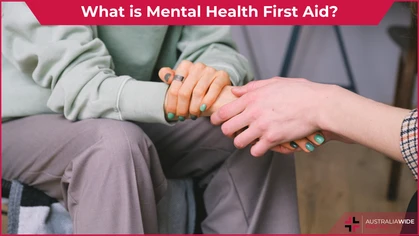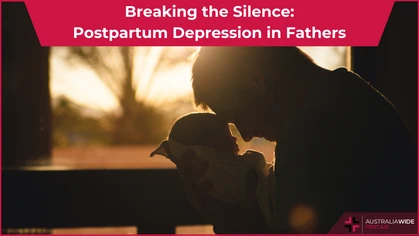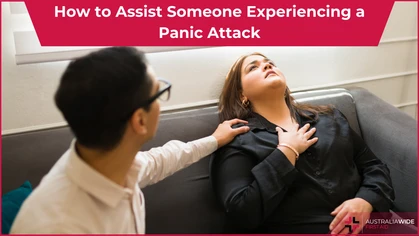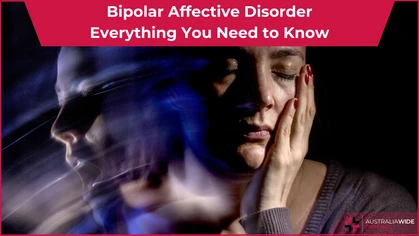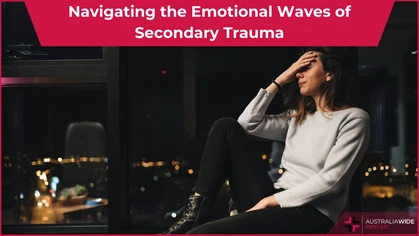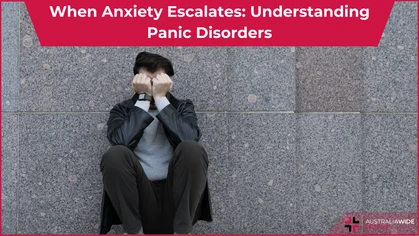Mental Health and Sleep: The Connection

Mental Health
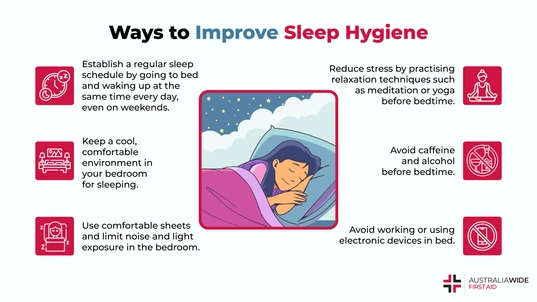
The connection between mental health and sleep is reciprocal. Just as mental health conditions can impact the quality of sleep, poor sleep can trigger mental health conditions. However, there are ways to improve your sleep quality.
Most people know that getting a good night’s sleep is important for your mental health, but what many people don’t know is that Mental Health can also have a big impact on sleep. In fact, one of the most common symptoms of Mental Health issues is difficulty sleeping. This can manifest in a number of ways, from insomnia and restless sleep to excessive tiredness during the day.Types of Sleep Disturbances
There are three types of sleep disturbances that can be caused by Mental Health problems:- Insomnia – This is difficulty falling asleep or staying asleep. It can be caused by worry, stress, depression, anxiety, and trauma.
- Hypersomnia – This is excessive sleepiness during the day. It can be caused by medications, depression, and narcolepsy.
- Parasomnia – This is disruptive sleep behaviours like sleepwalking, night terrors, and nightmares. It can be caused by stress, anxiety, medications, and sleep disorders like sleep apnoea.
The Link Between Mental Health and Sleep
There is a strong link between Mental Health and sleep because they both affect the brain. Mental Health problems can cause changes in the brain that make it difficult to sleep, and sleep problems can worsen Mental Health problems. For example, insomnia can cause anxiety and depression, and anxiety and depression can cause insomnia.How Mental Health Affects Sleep
Mental Health can affect sleep in a number of ways:- Mental Health problems can cause changes in the brain that make it difficult to sleep.
- Mental Health problems can make it difficult to find joy in anything, which can lead to insomnia.
- Mental Health problems can cause changes in mood and energy levels, which can interfere with sleep.
- Mental Health problems can cause nightmares, night terrors, and sleep paralysis.
- Mental Health problems can make it difficult to focus on anything, which can lead to difficulty falling asleep.
Mental Health Issues that Can Interfere with Sleep
There are many Mental Health issues that can interfere with sleep, but some of the most common are:- Anxiety – People with anxiety often have difficulty falling asleep or staying asleep because they are constantly worrying.
- Depression – People with depression often have insomnia because they are not able to find joy in anything and they also may have hypersomnia because they are exhausted from the constant sadness.
- Bipolar disorder – People with bipolar disorder often have difficulty sleeping because of the changes in their mood and energy levels.
- PTSD – People with PTSD often have nightmares, night terrors, and sleep paralysis because they are reliving their trauma in their dreams.
- Schizophrenia – People with schizophrenia often have difficulty sleeping because of the hallucinations and delusions that they experience.
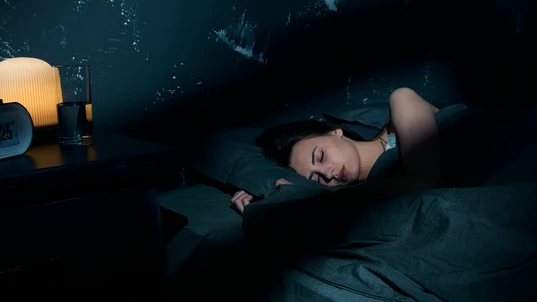
Sleep is important for our overall wellbeing. When we sleep, our body undergoes physical recovery and repair. This supports our cardiac and metabolic functions, as well as our mind health, including memory and mood.
Importance of Sleep
Sleep is essential for our Mental Health for a number of reasons. Firstly, it gives our brains a chance to rest and repair. During sleep, our brains are able to process information and store memories more effectively. Secondly, sleep helps to regulate our moods. Lack of sleep can lead to irritability, anxiety and depression. Finally, sleep deprivation can impact the immune system, making us more susceptible to physical illnesses.How Sleep Affects Mental Health
Sleep also has a strong impact on Mental Health:- Sleep deprivation can worsen symptoms of anxiety and depression.
- Lack of sleep can increase irritability, moodiness, and frustration
- Poor sleep can make it difficult to concentrate and make decisions.
- Sleep deprivation can increase the risk of developing psychiatric disorders like schizophrenia and bipolar disorder.
- Poor sleep can make it difficult to cope with stress and can increase the risk of suicide.
Sleep Hygiene
Good sleep hygiene is essential for a good night's sleep. But what is sleep hygiene, and why is it so important? Sleep hygiene is the term used to describe the habits and practices that are necessary to have good quality sleep. Poor sleep hygiene can lead to difficulty falling asleep, restless sleep, and daytime fatigue. There are a number of ways to build positive sleep hygiene:- Establish a regular sleep schedule by going to bed and waking up at the same time every day, even on weekends.
- Keep a cool, comfortable environment in your bedroom for sleeping.
- Reserve the bed for sleep and sex and create an environment that promotes relaxation.
- Use comfortable sheets and limit noise and light exposure in the bedroom.
- Reduce stress by practicing relaxation techniques such as meditation or yoga before bedtime.
- Avoid caffeine and alcohol before bedtime.
- Avoid working or using electronic devices in bed.
- Get up and move around every few hours to keep your body active.
- Practice a wind-down routine before bedtime to help you relax.
- Seek professional help if you are struggling to sleep on your own.
Mental Health Support
Education bridges the gap between misunderstanding and empathy in mental health. When we lack proper education, stigmas thrive, and those in need may suffer in silence. Just as we prioritise physical health, mental health deserves equal attention. Learning to spot the warning signs of mental health challenges early can lead to timely intervention, often preventing crises that could have severe consequences. A Mental Health Support Course empowers you to recognise and respond effectively to those who may be experiencing difficulties, offering them the care they need to recover.Final Thoughts
Mental Health and sleep are closely linked. Mental Health problems can cause changes in the brain that make it difficult to sleep, and sleep problems can worsen Mental Health problems. There are a number of ways to build positive sleep hygiene, which can help improve Mental Health and sleep. If you are struggling to sleep, seek professional help. And to learn how to confidently and effectively assist those in a health crisis, book a First Aid course with us today.
Originally published at
https://www.australiawidefirstaid.com.au/resources/mental-health-related-to-sleep
as part of the Australia Wide First Aid Articles Library

